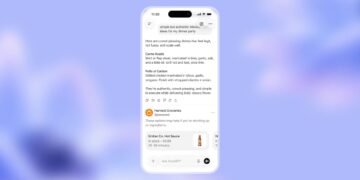In a recent landmark verdict, Tesla emerged victorious when a jury ruled that the company’s Autopilot advanced driver assistance system was not responsible for a 2019 crash that resulted in a fatality. The trial, held in the Superior Court of California, County of Riverside, involved two survivors of the accident who alleged that Tesla was aware of product defects. They were seeking $400 million in damages, attributing their claims to the tragic loss of driver Micah Lee, personal injuries, and emotional distress.
Tesla has consistently argued that the crash’s cause was human error, an approach they’ve adopted in other Autopilot-related legal cases. The company has seen success in prior lawsuits, including a California jury ruling earlier this year where the Autopilot system was not held responsible for a 2019 incident. No damages were awarded in that particular case to plaintiff Justine Hsu, who had charged Tesla with negligence, fraud, and contract breach. Notably, the recent Molander v. Tesla case is the inaugural jury trial concerning an Autopilot-associated fatality.
It’s worth mentioning that Tesla continues to face numerous lawsuits in California. This includes a high-profile wrongful death lawsuit by the family of Walter Huang, an Apple engineer. Huang tragically lost his life when his Tesla Model X, with the Autopilot activated, collided with a highway median. The impending trial for this case is slated for next year.
Keeping a pulse on the automotive and tech sectors, these legal developments underscore the high-stakes terrain of autonomous vehicle technology. As companies innovate, ensuring product safety and clarity in marketing these advanced systems will be paramount.




















































